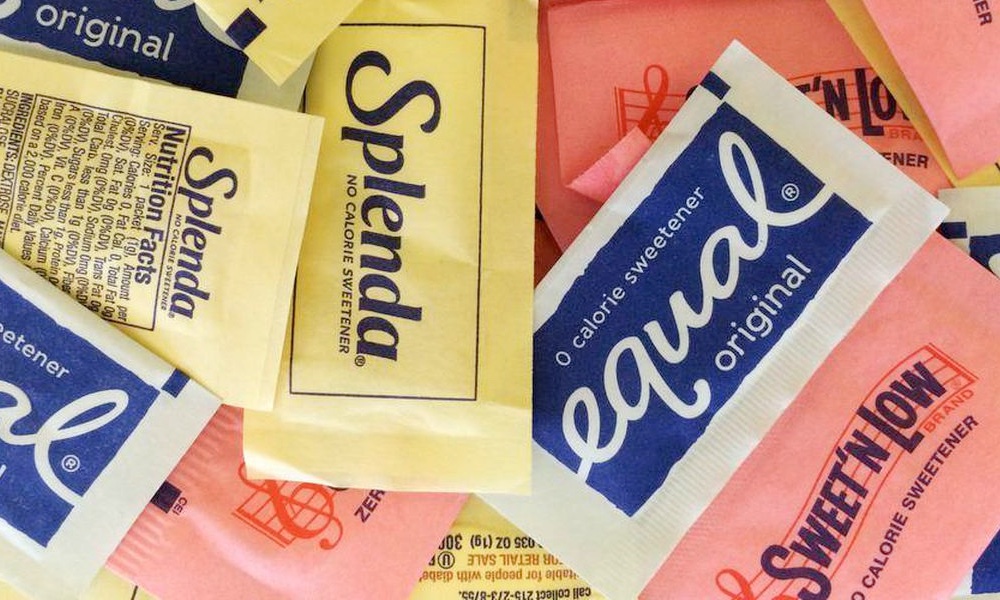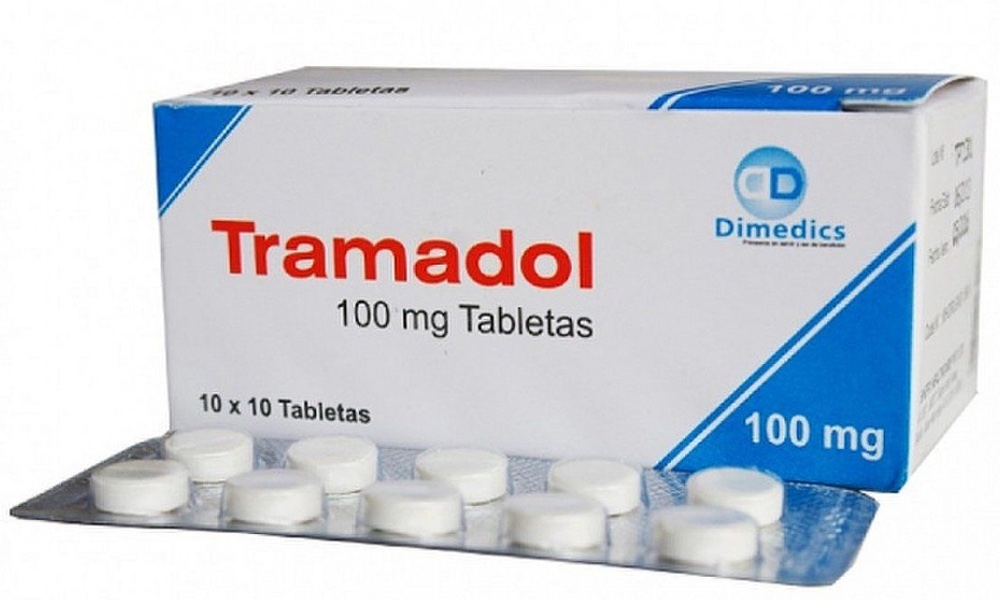On average, each of us consumes between 150 and 170 pounds of sugar a year. It's pretty clear by now that our sweet tooth isn’t such a good thing. Sugar can not only lead to heart disease and diabetes, it also plays havoc on our cholesterol levels, contributes to weight gain and it’s even been linked to Alzheimer’s Disease.
No wonder people who crave sugar look for a sweet substitute. One of the most popular artificial sweeteners is erythritol, most commonly used in baked goods, beverages, candies, chewing gum and chocolates, as well as in table top packets.
Unfortunately, erythritol can put us at an increased risk of experiencing a serious cardiac event. The research team came to this conclusion after studying over 4,000 people in the U.S. and Europe. They found that people who had higher levels of erythritol in their blood had an increased chance of a heart attack, stroke or death.One artificial sweetener appears to contribute to the formation of blood clots.
“What we’re seeing with erythritol is the platelets become super responsive. A mere 10% stimulant produces 90% to 100% of a clot formation,” explained the senior author of the study, Stanley Hazen, chairman of the Department of Cardiovascular & Metabolic Sciences in Lerner Research Institute and co-section head of Preventive Cardiology at Cleveland Clinic, in a press statement.
The result is a Catch-22 for consumers since erythritol is a popular replacement for table sugar, especially in low-calorie, low-carb and “keto” products. And, it’s often recommended as a sugar substitute for people who are dealing with diabetes, obesity or metabolic syndrome — a cluster of symptoms from high blood pressure to excess weight around the waist that contribute to an increased risk of heart disease among other illnesses.
“Sweeteners like erythritol have rapidly increased in recent years, but there needs to be more in-depth research into their long-term effects,” Hazen said. “Cardiovascular disease builds over time, and heart disease is the leading cause of death globally. We need to make sure the foods we eat aren’t hidden contributors.”The FDA’s labeling requirements for artificial sweeteners are minimal, and they often don’t list the individual compounds. Even though erythritol is generally recognized as safe, the results of the research are clear.
“Our study shows that when participants consumed an artificially sweetened beverage with an amount of erythritol found in many processed foods, markedly elevated levels in their blood are observed for days — levels well above those observed to enhance clotting risks,” said Hazen. “It is important that further safety studies are conducted to examine the long-term effects of artificial sweeteners in general, and erythritol specifically, on risks for heart attack and stroke, particularly in people at higher risk for cardiovascular disease.”
There are ways to avoid artificial sweeteners. Here are some natural sugar substitutes:
- stevia (a natural sweetener derived from the leaves of a South American shrub)
- honey
- real maple syrup
- dates
- applesauce and other fruit purees
The study is published in Nature Medicine.





